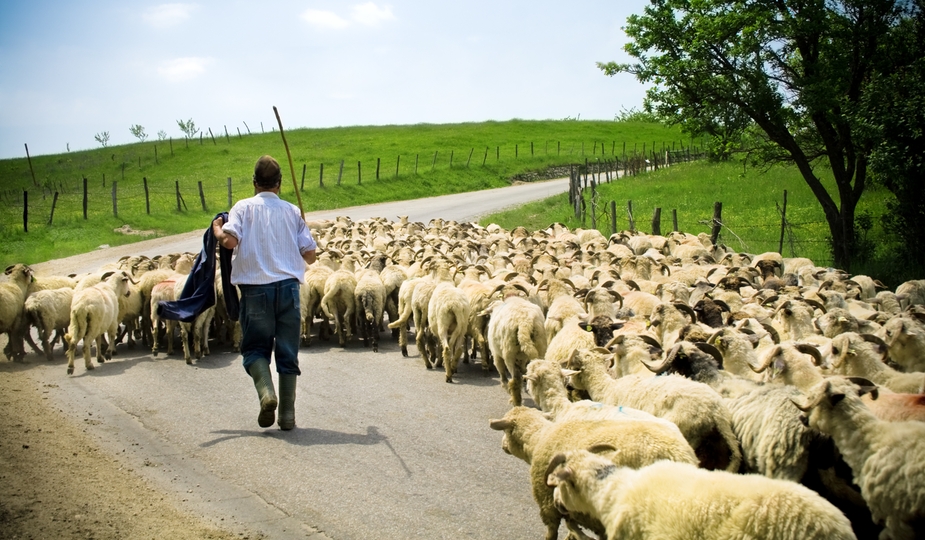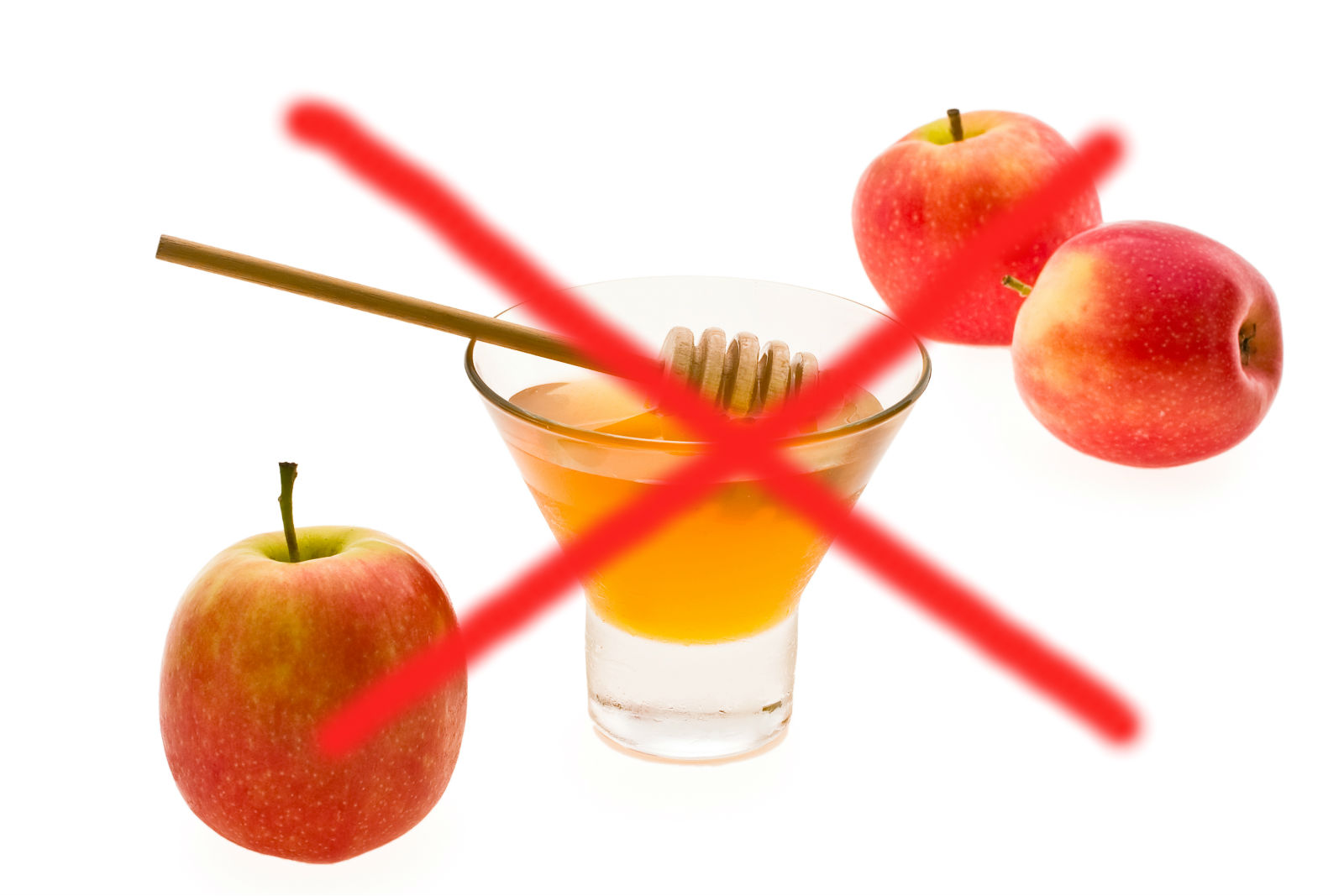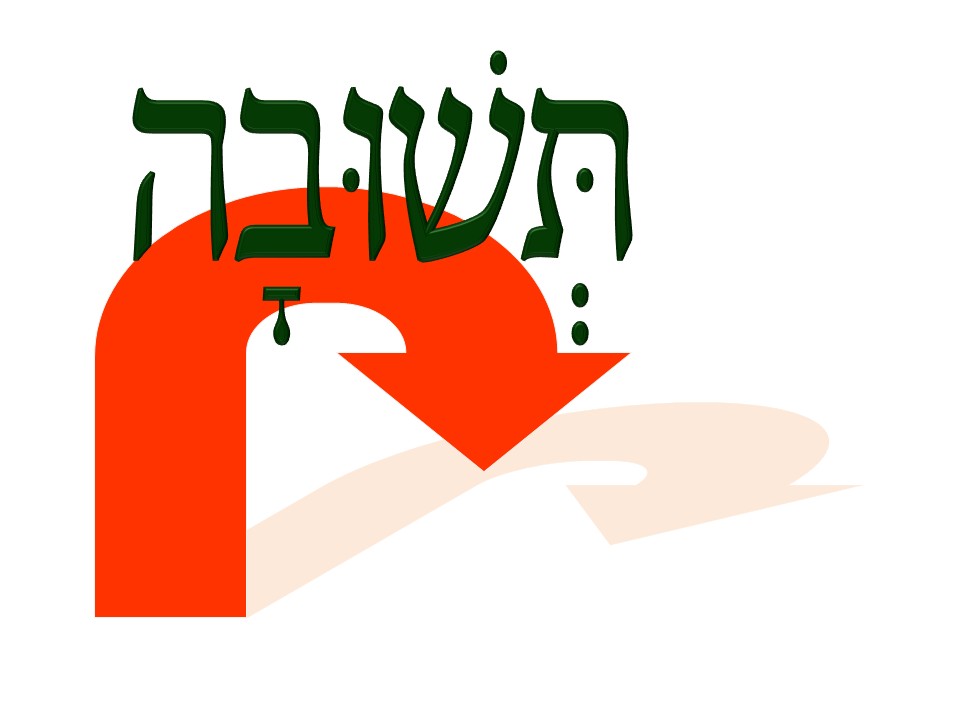-

Preparing for the Fall feasts
We are currently in the sixth month of the Biblical year, the month of Elul. This month is traditionally known as a month of introspection or repentance. This is a tradition, but a worthwhile one. It is good to consider where we are and what we have done. It is also good to ask YHVH…
-

The Prophetic significance of Yom T’Ruah
In the article that we published last year, we covered the all the basic aspects of the appointed time of Yom T’Ruah. We looked at the instructions we received for keeping this appointed time and also touched on some of the bad and good traditions of this feast. In this article we will do a…
-

Are you willing to be transformed?
There are seven feasts in Abba YHVH’s annual feast cycle. These feasts are perpetual and have a very specific purpose, fulfillment and a special spiritual significance. This cycle is a cycle of sanctification unto righteousness. During this cycle, another area in our lives is transformed, bringing us one step closer to who we are to…
-

Yom T’ruah is not Rosh haShanah
During this time of year we hear a lot of discussions as to whether or not we should join in the celebration of Rosh haShanah (Head of the new Year). We all know that Exodus 12:2 specifically tells us that the beginning of the year is in Aviv (spring time). Yet, we hear some very…
-

Teshuvah…Sin takes us away from YHVH, repentance brings us closer
We all sin, no matter how hard we try not to. We are human – we sin in our thoughts, in the words we speak and in the things we do. You don’t have to go far to see the result of sin. In other people’s lifes and even our own lifes. How do we…
-

Feast of Trumpets – Yom T’ruah
What does scripture tell us about the first of the fall feasts? How much of what you have learned comes from men and how much from YHVH? We have mixed commandments and traditions so much that it becomes very difficult to tell the one from the other. As we get closer to Yom T’ruah it…
